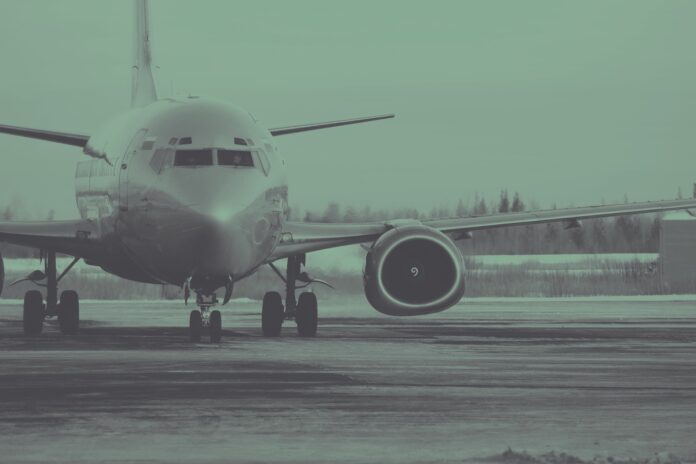Transport emission scientists from Manchester Metropolitan University have contributed to a major new United Nations (UN) climate action report that calls for a green coronavirus economic recovery to fight global warming.
Professsor David Lee is joined by other leading global climate scientists for the report which states that a pandemic economic recovery that has green thinking at its core can bring 2030 emissions close to the UN target.
Prof Lee co-authored a section on the role of international shipping and aviation on climate change for the UN Environment Programme’s new Emissions Gap Report 2020.
The overall findings show that despite a fall of up to 7% in global 2020 emissions due to COVID-19, this will not have a major impact on climate change.
The report calls on governments to invest in climate action as part of any economic recovery plan to hit the target of limiting any global temperature rise to 2°C this century, as outlined by The Paris Agreement in the United Nations Framework Convention on Climate Change.
Prof Lee, from the University’s Aviation and Climate Research Group, said: “By taking action now, it will still be possible to keep greenhouse gas emissions within the agreed limit and fight climate change.
“Here at Manchester Metropolitan, we have world-leading expertise on transport emissions. With colleagues from around the world, we’re working to understand their impact – and to develop solutions to combat climate change.”
In their chapter, Prof Lee and colleagues assessed the projected emissions for the shipping and aviation industries, the impact of COVID on demand for these industries, and ways to mitigate the impact of the international transport sector on the climate, such as increasing the use of biofuels.
Prof Lee added: “It is important to highlight CO2 emissions from these two sectors – shipping and aviation – as they lie outside of international agreements at the moment, and because of the nature of the industries, with long turnover times of the fleet, and the resultant technological ‘lock-in’, urgent attention needs to be paid to them to avoid them becoming CO2 outliers.”
Each year, the Emissions Gap Report assesses the gap between anticipated emissions and levels consistent with the Paris Agreement goals of limiting global warming this century to well below 2°C and pursuing 1.5°C. The report finds that in 2019 total greenhouse gas emissions, including land-use change, reached a new high.
As a result of reduced travel, lower industrial activity and lower electricity generation this year due to the pandemic, carbon dioxide emissions are predicted to fall up to 7% in 2020. However, this dip only translates to a 0.01°C reduction of global warming by 2050.
A green pandemic recovery, however, can cut up to 25 per cent off the emissions we would expect to see in 2030 based on policies in place before COVID-19.
Inger Andersen, UNEP’s Executive Director, said: “UNEP’s Emissions Gap report shows that a green pandemic recovery can take a huge slice out of greenhouse gas emissions and help slow climate change. I urge governments to back a green recovery in the next stage of COVID-19 fiscal interventions and raise significantly their climate ambitions in 2021.”







